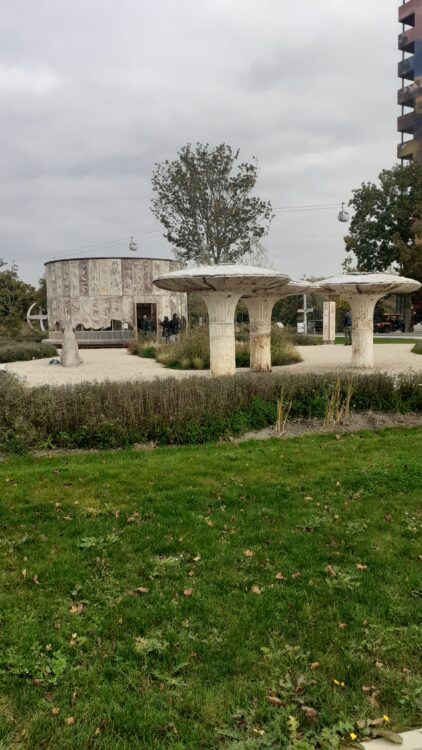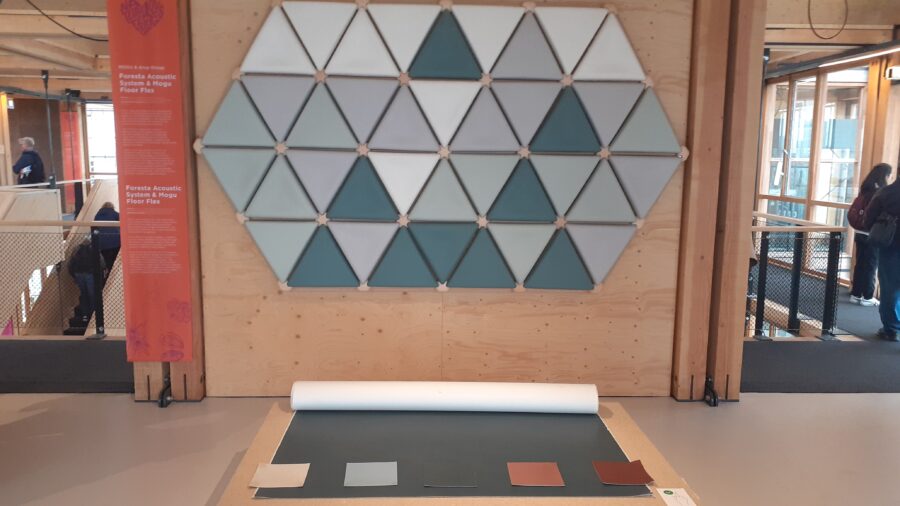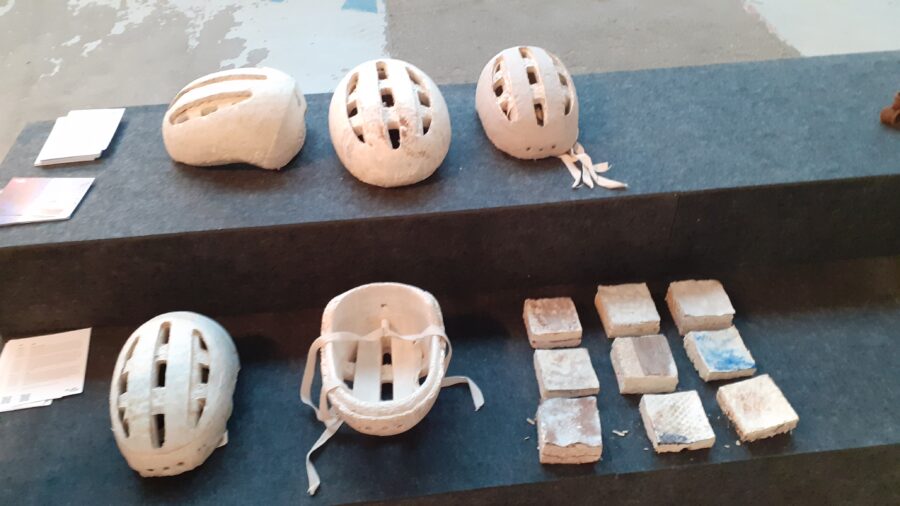I have just read The Arduous Road to Revolution. Resisting Authoritarian Regimes in The Digital Communication Age, the latest book from Gabriele Giacomini. The book offers an analysis of the influence of ICT use during revolutions (based on revolutions against regimes in Myanmar, Ukraine, Iran, Egypt, Hong Kong and Belarus), and goes on to raise a series of questions about which skills, rules and institutions might be useful to a population that finds its freedom under pressure, and to offer several suggestions.
In the early 21st century academic theorists about internet development believed that it would bring improvement for democratic processes, offering benefits for bottom-up citizen participation in democratic processes and the resulting empowerment of the population. This view was constructed within a liberal democratic context and framework though, and overlooked questions of how internet and digital technology might become a player within an authoritarian context, which turns out to be quite different.
The author describes the history of the codification of human rights and the philosophy behind the idea that a population has a right to overthrow a government that doesn’t uphold them, before discussing some of the elements that have to be in place for anger to tip over into revolution.
He then goes on to describe the role of digital media in authoritarian restorations under the title The Decline of Revolutions, and offers descriptions of ICT use in the uprisings named above both by the population and the resisting government.
Each example has interesting specifics: the Ukraine experience led to authoritarian regimes realizing the importance of controlling digital media; the Iranian experience to the adoption of technological policies to counteract rebellion, a development also visible in Egypt and the revolutions that followed. Hong Kong and Belarus are viewed as advanced digital societies and the analysis brings in the technological development of exchanging messages while offline (via Bluetooth) and the doxing approach adopted (first) by protesters (described as forms of revolutionary innovation) and the respondent technology-enhanced government repression.
This type of conflict leads to a spiral of digital sophistication (my ICT use is more efficient and bigger and better than yours), and the author makes a case for regulatory prevention, the challenge being to identify the conditions to counter authoritarian drifts in digital societies: to identify control mechanisms, counterweights, and to allow citizens to act before the spiral (described above) starts.
The book comes to a climax with ideas of how to counter authoritarian drifts in digital societies. What is needed (according to Giacomini) is a political architecture that can foster the promotion of the emancipatory elements of digital media, requiring a modern up-to-date human rights system capable of protecting freedom in handling the cognitive elements conveyed by technologies: words, symbols, images, video, data and news.
A thorough description follows of what this might actually mean, rights to freedom, access, anonymity and to be forgotten just a few of those discussed both in terms of application and reinterpretation. The author also makes the point that being free from oppression is not the same as being free to monitor, criticize and denounce, debate and gather.
Should the international community intervene? Should there be regulation? How can we work towards the separation of digital power and strengthening of pluralism at national level. Digital literacy is also a tool for resistance, knowledge of anonymous browsing techniques, avoiding trojans, encryption and even password choice all playing a part in enabling the user to inhibit the influence of power.
This is an easy to read, thought provoking, well researched and informative book that weaves an argument within a grey area sitting between the virtual and physical world. It is not only about digital communication, but also about power and democracy, responsibility, innovation and politics.
The Arduous Road to Revolution. Resisting Authoritarian Regimes in the Digital Communication Age by Gabriele Giacomini is published by Mimesis International and costs €11.





